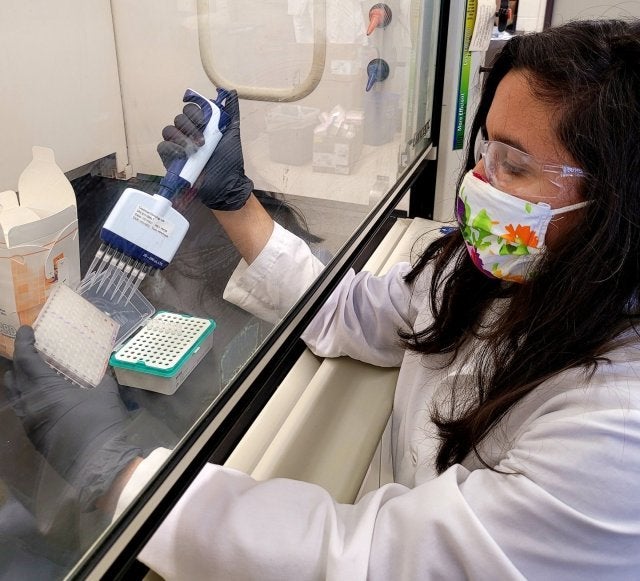Augusta-Richmond County is part of a network working with the Centers for Disease Control and Prevention to help monitor the presence of the SARS-CoV-2 virus in wastewater.
The agency estimates between 40% and 80% of people with COVID-19 shed traces of the virus in their feces. That prompted the CDC to establish the National Wastewater Surveillance System in September 2020.
“What started as a grassroots effort by academic researchers and wastewater utilities has quickly become a nationwide surveillance system with more than 34,000 samples collected representing approximately 53 million Americans,” said the project’s team leader Dr. Amy Kirby. “Currently, CDC is supporting 37 states, four cities and two territories to help develop wastewater surveillance systems in their communities.
Augusta-Richmond County is one of more than 400 testing sites around the county that have already begun wastewater testing. DeKalb County is also involved with the project.
[adrotate banner=”51″]
During a Feb. 4 media briefing, Kirby said 250 more sites would begin submitting data to the CDC.
Information collected through the surveillance will help local public health officials watch for trends developing in their communities.
“Because increases in wastewater generally occur before corresponding increases in clinical cases, wastewater surveillance serves as an early warning system for the emergence of COVID-19 in a community. These data are uniquely powerful because they capture the presence of infections from people with and without symptoms. And they’re not affected by access to healthcare or availability of clinical testing,” said Kirby.
Kirby explained wastewater is collected by utility operators on site by use of a piece of equipment called an auto sampler. She said many utilities already have the device and the CDC to working to provide it to communities that don’t have one.
“They can also just take what’s called a grab sample,” she said. “So, basically dipping a bottle into the wastewater flow to get a sample in time. That sample has been shipped to a laboratory. The laboratory will use methods to concentrate the viruses out of that wastewater sample. And then it looks very similar to clinical testing.”
[adrotate banner=”15″]
Dr. Brannon Traxler, public health director for the South Carolina Department of Health and Environmental Control, said her agency, which recently announced plans to scale back COVID-19 testing, is also watching how wastewater surveillance is a way to monitor the presence of the virus in a community.
“We have been looking at wastewater testing. We have been partnering with University of South Carolina and others to look at wastewater,” she said. “I suspect wastewater surveillance is going to increase some and looking at potentially what that picture provides. So, the surveillance methods are going to shift some.”
Currently two municipalities in the Palmetto State, Greenwood and Darlington, are in the CDC network of surveillance sites.
The CDC has added information about the wastewater surveillance project to its website. It also includes a data tracker with a location search tool to see where samples are being collected and the testing results: https://www.cdc.gov/healthywater/surveillance/wastewater-surveillance/wastewater-surveillance.html
Dana Lynn McIntyre is a general assignment reporter for The Augusta Press. Reach her at dana@theaugustapress.com










